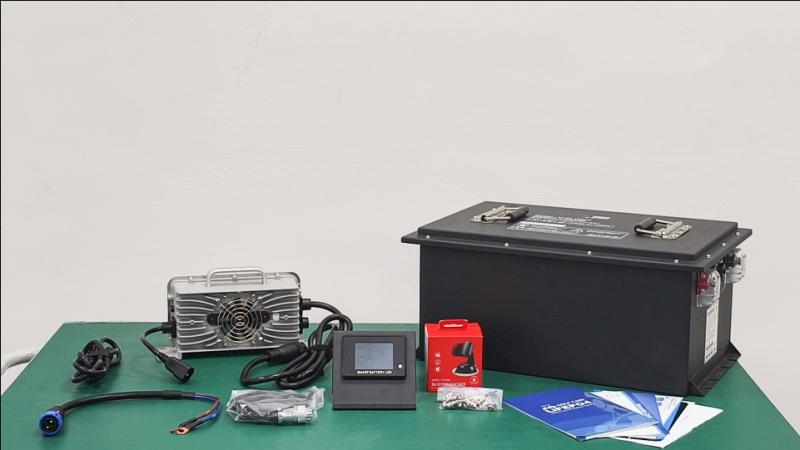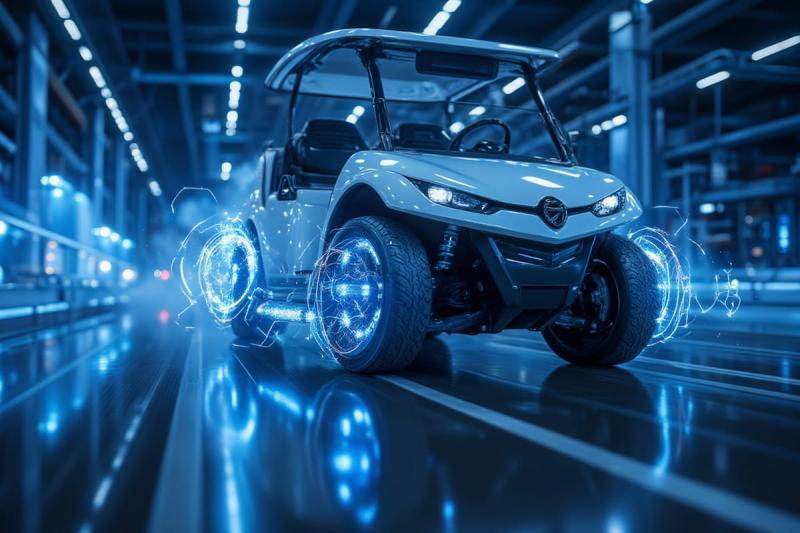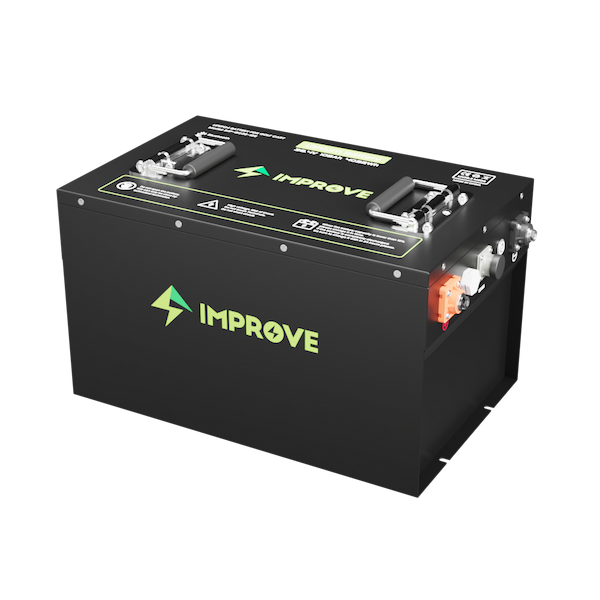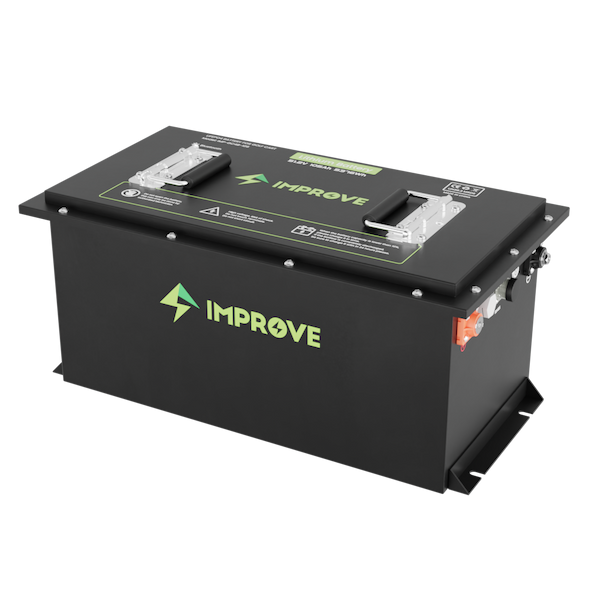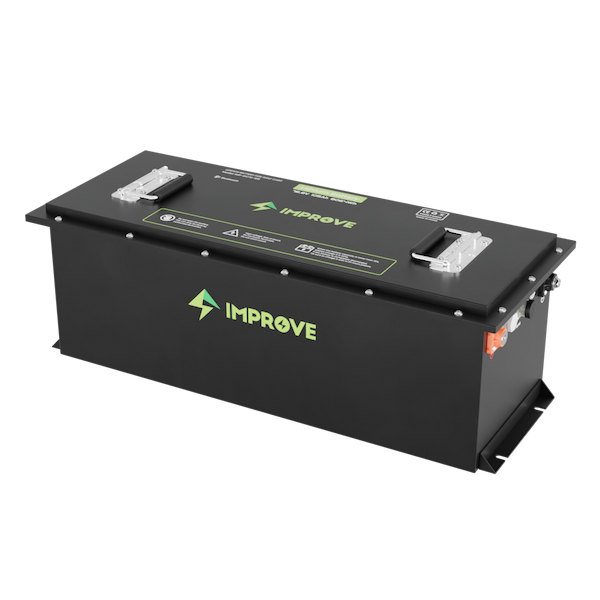The golf cart industry has experienced a significant shift in battery technology with the rising popularity of lithium-ion batteries. Many golf cart manufacturers now offer lithium battery options due to their lightweight nature and superior performance compared to traditional lead-acid batteries. However, like any technological advancement, there are pros and cons to using lithium-ion batteries in golf carts.

Extended Lifespan
Lithium golf cart batteries offer one of the most notable benefits: an extended lifespan. These batteries can last up to three times longer than traditional lead-acid batteries. With lithium-ion batteries, you will have to replace your golf cart's batteries less frequently, saving you time and resources in the long haul. The longer life span also reduces environmental impact by minimizing battery waste.
Lightweight
Another significant advantage of lithium-ion batteries is their lightness. They are substantially lighter than their lead-acid counterparts, making them a top choice for golf carts. The reduced weight can also enhance the overall performance of your golf cart. It can make your cart faster, more maneuverable, and easier to handle, providing a smoother and more enjoyable ride on the green.
Faster Charging
The long charging time is one of the most frustrating aspects of golf cart ownership with traditional lead-acid batteries. Lithium-ion batteries recharge significantly faster, offering a more convenient experience. While lead-acid batteries may take up to 12 hours to reach full capacity, lithium-ion batteries can charge to their full potential within a few hours. This means you can spend more time golfing and less time waiting for your golf cart to recharge.
Minimal Maintenance
Lithium-ion batteries require minimal maintenance compared to their traditional lead-acid counterparts. With lead-acid batteries, you often need to check the water levels regularly and clean the corrosion, which can be time-consuming and messy. In contrast, lithium-ion batteries do not require frequent watering and do not produce hydrogen gas during charging, making them safer to use. With less maintenance, you can enjoy extended hours on the golf course while spending less time maintaining your golf cart's batteries.
Cons Of Lithium Golf Cart Batteries
High Cost
The biggest downside of lithium golf cart batteries is that they are more costly than traditional lead-acid batteries. The initial investment may deter some golf cart owners from making the switch. However, it is essential to consider the longer lifespan of lithium-ion batteries, which can offset the higher upfront cost in the long term. The cost-effectiveness of lithium ion golf cart batteries becomes evident as you factor in reduced replacement and maintenance expenses.
Limited Temperature Range
Lithium golf cart batteries can be susceptible to extreme temperatures. If the temperatures get too high or too low, it can impact the battery's performance. This limitation can be concerning, especially in an area with extreme climate conditions. In such cases, storing and charging your golf cart in a suitable environment is crucial to optimize battery performance and longevity.
Safety Concerns
Safety is an important consideration when using lithium-ion batteries. Mishandling or improper charging can lead to overheating, fires, or even explosions. Following the manufacturer's guidelines for handling, charging, and storing lithium golf cart batteries is essential to ensure safety. Additionally, purchasing lithium-ion batteries from reputable manufacturers with built-in safety features can further minimize risks.
SIGNS YOU NEED NEW GOLF CART BATTERIES

Several signs indicate that it's time to replace your golf cart batteries. If your cart struggles to climb hills that it could previously navigate easily, it may be a sign of decreased power and output. Slow charging or the inability to hold a charge indicates that your batteries might need replacement. If you notice these issues, it's essential to inspect both the batteries and the charger to identify the source of the problem accurately.



